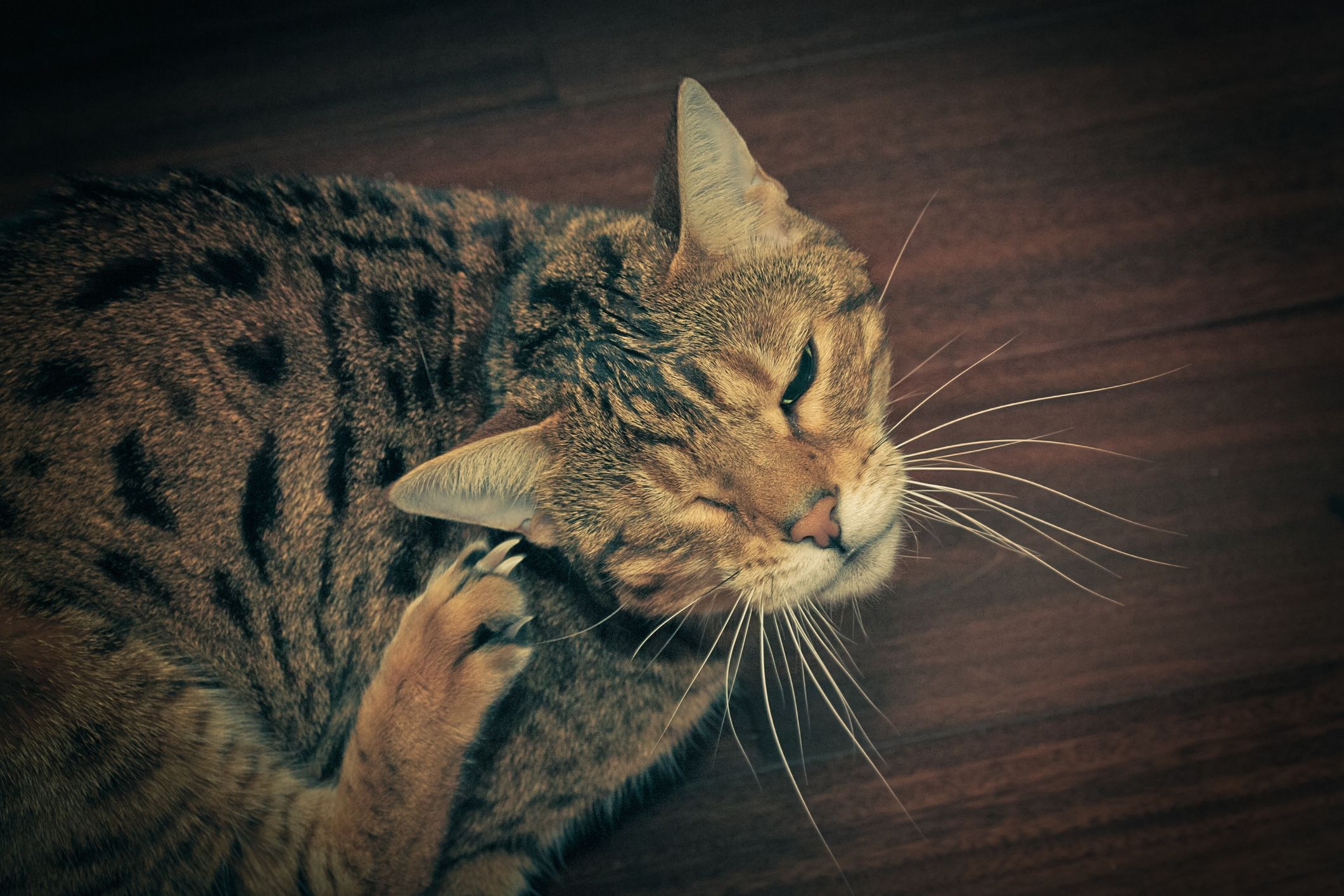If your cat is shaking its head and scratching its ears frequently, it could indicate an underlying health issue. Occasional head shaking is normal, but persistent behavior can be a sign of discomfort or infection. Understanding the causes behind cat head shaking and ear scratching is essential to ensure your feline friend’s well-being. This guide explores the common reasons, symptoms, and effective solutions to help your cat feel better.
Why Do Cats Shake Their Heads and Scratch Their Ears?
Cats use their ears to detect sounds and maintain balance, but when something irritates them, they shake their heads and scratch their ears to relieve the discomfort. Several factors can trigger this behavior, ranging from mild irritations to serious infections. Identifying the root cause is the first step toward effective treatment.
Common Causes of Cat Head Shaking and Ear Scratching
Several conditions can cause your cat to exhibit these behaviors. Understanding the most common causes helps in early detection and proper care.
Ear Mites
Ear mites are tiny parasites that infest a cat’s ears, causing extreme itchiness and irritation.
- Symptoms include dark debris in the ears, excessive scratching, and constant head shaking.
- Ear mites are highly contagious among cats and require immediate treatment.
- Veterinary-prescribed ear drops and cleaning can help eliminate mites effectively.
Ear Infections
Bacterial or fungal infections often cause inflammation and discomfort, leading to head shaking and ear scratching.
- Symptoms include redness, swelling, foul odor, and discharge from the ear.
- Infections may result from excessive moisture, allergies, or underlying health conditions.
- A veterinarian can prescribe antibiotics or antifungal medications to treat the infection.
Allergies
Cats can develop allergies to food, pollen, dust, or cleaning products, leading to itchy ears and skin.
- Symptoms include watery eyes, sneezing, skin rashes, and excessive grooming.
- Identifying and eliminating allergens can help reduce symptoms.
- Antihistamines or special diets may be recommended by a vet for allergy management.
Foreign Objects in the Ear
Small debris, grass, or dust can enter a cat’s ear, causing irritation and discomfort.
- Symptoms include sudden head shaking, ear twitching, and pawing at the ear.
- Attempting to remove the object at home can be risky, so professional assistance is advised.
Ear Polyps or Tumors
Growths inside the ear canal can lead to discomfort, infection, and persistent scratching.
- Symptoms include frequent ear infections, balance issues, and abnormal ear discharge.
- A veterinarian may need to perform surgery to remove the growth.
Flea or Tick Infestation
Fleas and ticks can bite around a cat’s ears, causing itching and irritation.
- Symptoms include visible parasites, hair loss around the ears, and restlessness.
- Regular flea prevention treatments help keep these pests away.
Ear Hematomas
An ear hematoma occurs when blood pools between the ear’s skin and cartilage due to excessive scratching or shaking.
- Symptoms include swelling, tenderness, and a thickened ear flap.
- Veterinary treatment is necessary to drain the hematoma and prevent infection.
How to Treat Cat Head Shaking and Ear Scratching
Once you identify the cause of the problem, you can take steps to treat it effectively.
- Regular Ear Cleaning – Gently clean your cat’s ears using vet-approved ear cleaners to prevent infections.
- Medication for Infections – Antibiotics or antifungal medications prescribed by a veterinarian can treat bacterial and fungal infections.
- Flea and Tick Control – Use vet-recommended flea prevention treatments to keep parasites away.
- Allergy Management – Identifying and avoiding allergens can help reduce irritation and inflammation.
- Veterinary Check-Ups – Regular vet visits ensure early detection of any underlying issues.
Preventing Head Shaking and Ear Scratching in Cats
Preventive care can help keep your cat’s ears healthy and free from irritation.
- Keep Your Cat’s Ears Clean – Regular ear checks and cleaning help prevent infections and mite infestations.
- Provide a Healthy Diet – A balanced diet supports your cat’s immune system, reducing the risk of allergies and infections.
- Use Vet-Approved Parasite Treatments – Routine flea and tick prevention reduces the chances of infestations.
- Monitor Behavioral Changes – If your cat shows unusual scratching or head shaking, consult a veterinarian promptly.
Conclusion
Persistent cat head shaking and ear scratching indicate an underlying issue that requires attention. Common causes include ear mites, infections, allergies, and foreign objects. While some issues can be managed with simple home care, others require veterinary treatment. Regular ear hygiene, parasite prevention, and allergy management help reduce the risk of ear-related problems. If your cat exhibits excessive scratching or head shaking, seeking veterinary advice ensures their comfort and well-being.
FAQs
Why is my cat shaking its head and scratching its ears excessively?
Excessive head shaking and ear scratching may indicate ear mites, infections, allergies, or parasites. A vet examination can help determine the cause.
Can ear mites in cats go away on their own?
No, ear mites require treatment with medication. Without proper care, they can cause severe discomfort and secondary infections.
How can I clean my cat’s ears safely?
Use a vet-approved ear cleaner and a soft cotton pad to gently wipe the ears. Avoid inserting cotton swabs deep into the ear canal.
Are home remedies safe for treating cat ear infections?
Some mild cases may improve with proper ear cleaning, but infections should be treated with vet-prescribed medication to prevent complications.
When should I take my cat to the vet for ear problems?
If your cat exhibits persistent head shaking, excessive scratching, swelling, foul odors, or discharge, schedule a vet visit as soon as possible.
For expert cat care tips, visit Meow Masters.
